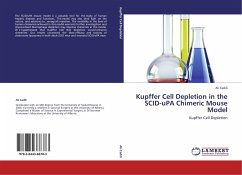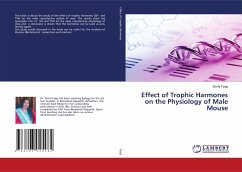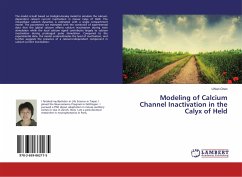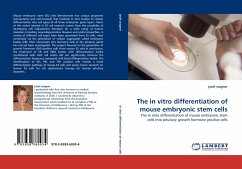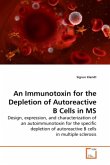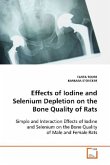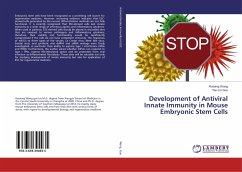The SCID/uPA mouse model is a valuable tool for the study of human hepatic diseases and functions. This model may also shed light on the nature, and solutions to, xenograft rejection. The variability in the level of human chimerism achieved in this model warrants further investigation and improvement.Macrophage depletion may improve chimerism in this model. We hypothesized that Kupffer Cell (KC) depletion would enhance chimerism. Our results uncovered the dose efficacy and toxicity of clodronate liposomes in both adult SCID mice and neonatal SCID/uPA mice.
Bitte wählen Sie Ihr Anliegen aus.
Rechnungen
Retourenschein anfordern
Bestellstatus
Storno

